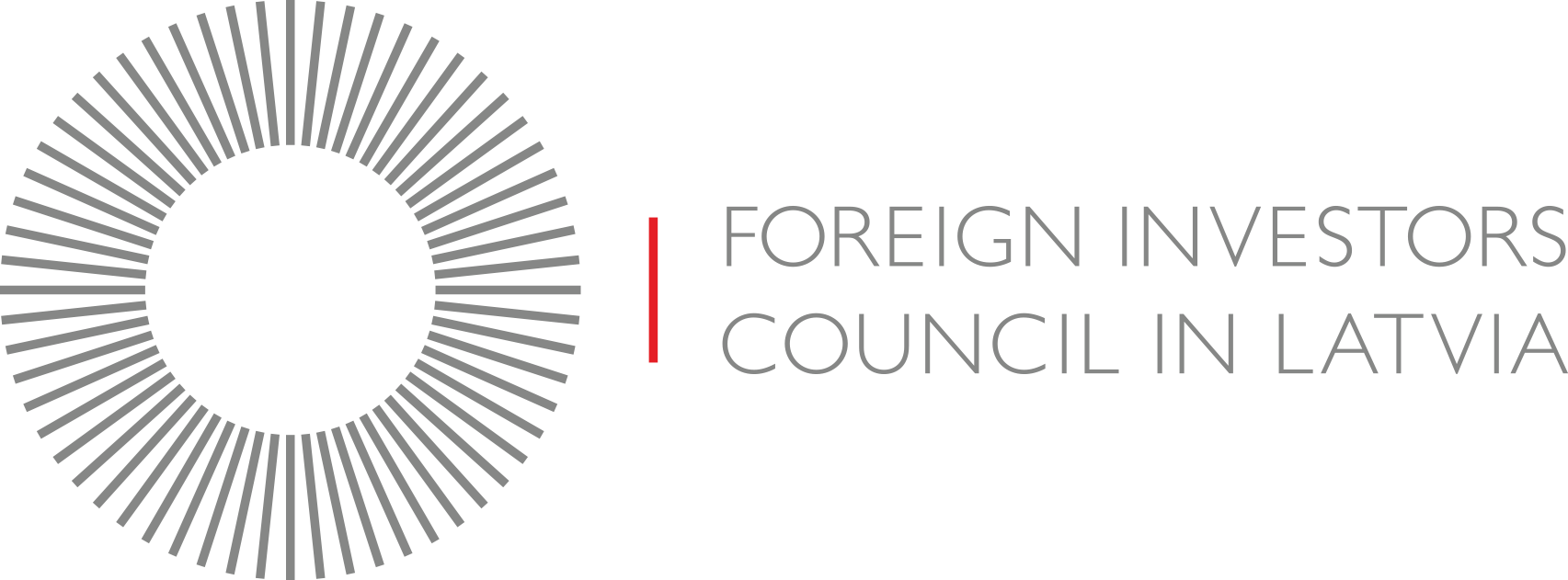The government’s recent refusals to adopt necessary decisions and take concrete steps signal a lack of political support for the Shadow Economy Reduction Plan for 2024–2027 (the Plan).
For example, the adoption of amendments to Cabinet of Ministers Regulation No. 550 of 17 August 2021 “Regulations on the procedure and content of suspicious transaction reports and threshold declarations” has been postponed, and significant softening of the regulation is currently on the agenda. These amendments would make cash transactions more transparent, reduce the risk of so-called “envelope wages” and illegal transactions, while at the same time not restricting the circulation or legitimacy of cash, and not imposing any additional obligations or restrictions on taxpayers. The change would only involve data exchange between institutions, with the Financial Intelligence Unit electronically forwarding data received from credit institutions to the State Revenue Service.
The Plan also foresaw that non-cash payment would become the primary form of salary disbursement, without banning cash payments. However, amendments to the Labour Law have not been adopted, even though the deadline for implementing this measure was set for 30 December 2024. At present, the Ministry of Welfare is not moving such a draft amendment forward for consideration.
From the perspective of foreign investors, the failure to implement significant measures to reduce the shadow economy jeopardises the progress achieved so far, indirectly supports tax evasion, fosters a sense of impunity, and undermines the trust of honest taxpayers. The Foreign Investors’ Council in Latvia (FICIL) urgently calls for the immediate adoption of legislative changes and other measures that are essential to reducing the shadow economy and that are already included in the Plan as actions to be implemented.
A heavy burden on the economy
The shadow economy in Latvia remains one of the largest in the region. Research by the Stockholm School of Economics in Riga shows that in 2024 the shadow economy accounted for 21.4% of GDP, depriving the state of up to EUR 3 billion in tax revenue annually. Every euro lost is a euro not invested in defence, better hospitals, schools, and the development of public infrastructure. Given the state budget situation, reducing the shadow economy is critical for Latvia’s growth.
In 2024, the Latvian government adopted the Plan, thereby confirming its commitment to implementing substantial measures to reduce the shadow economy. FICIL welcomed the Plan and supported its development. However, worrying signs are now emerging that point to a decline in political will and a slowdown in the Plan’s implementation. This lack of action reduces transparency and undermines the effectiveness of reforms already introduced.
To prevent this scenario, FICIL calls on the government to continue implementing the Plan step by step, in line with the original timeline, to clearly demonstrate political commitment through timely decisions, and to ensure that legislative changes essential for reducing the shadow economy — whose adoption deadlines under the Plan have already been missed — are adopted without further delay.


